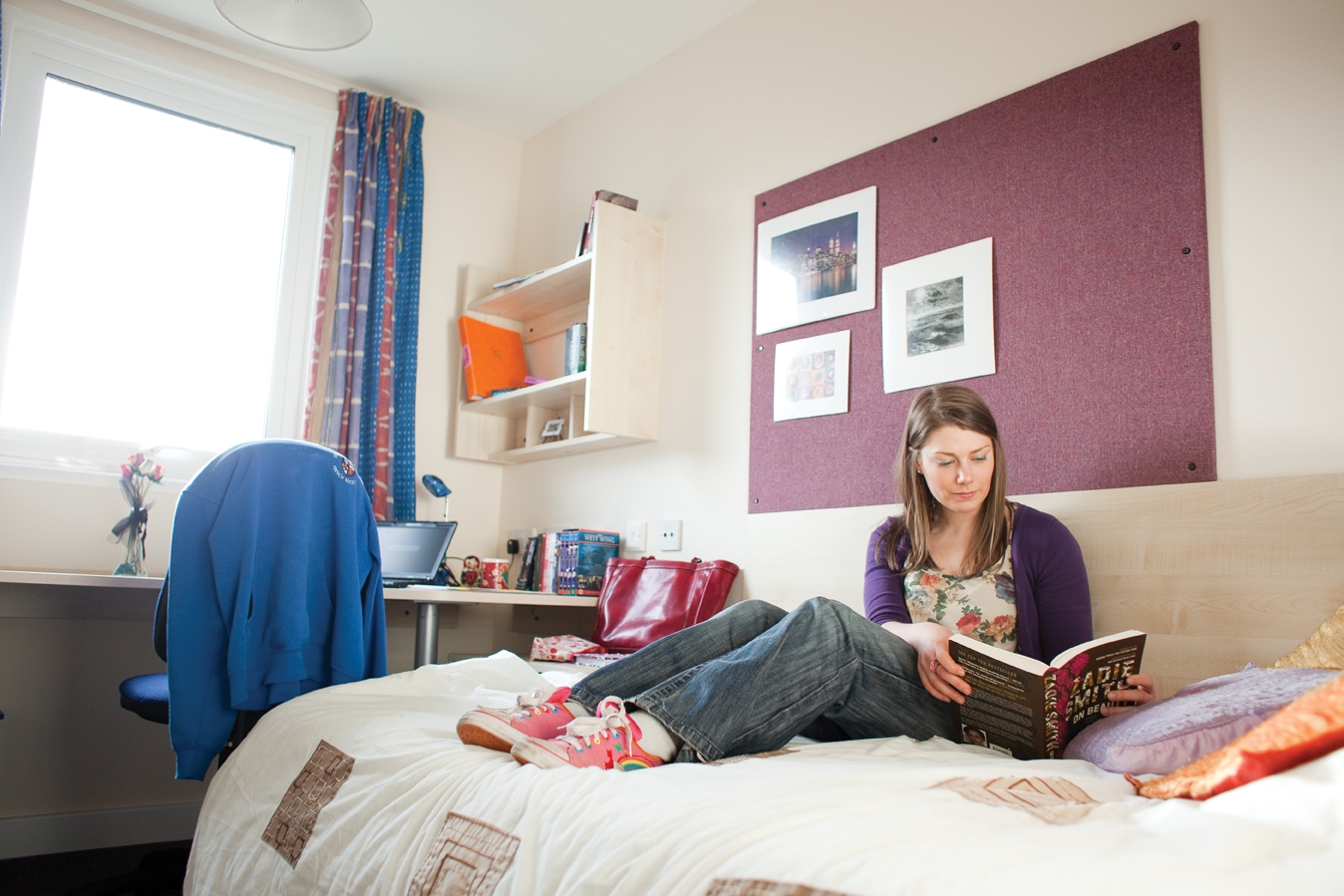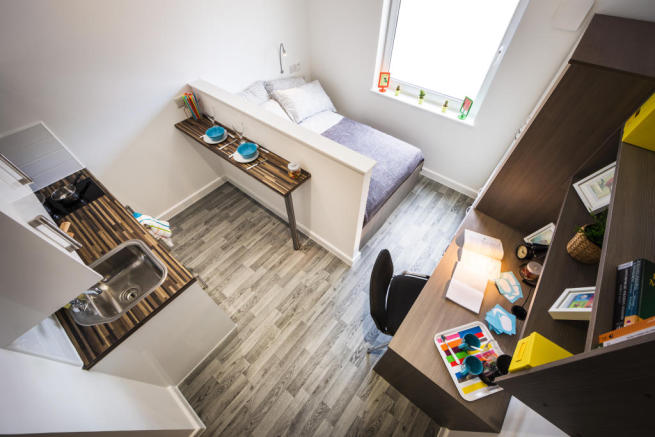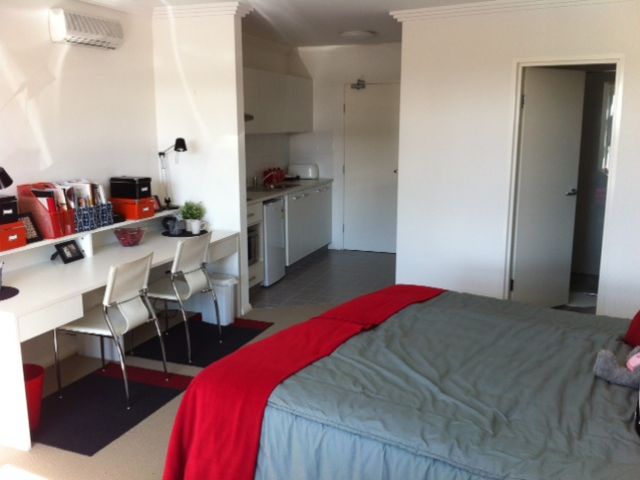When it comes to draining your bank account as a student, there’s one expense that will persist each and every month: rent! It’s an expensive affair for students, with the average rental price rising by more than £800 in the past three years.
However, there are steps a student can take to minimise costs and make the most of their rental agreement. Student lettings agency, Bricks&Mortar, has provided some top tips for watching your finances when renting student property.
Keeping your deposit as a student
Your deposit is quite an investment, often costing a full month’s rent. However, there are countless instances of students losing out on their deposits when their rental agreement ends. You need to do your best to keep your student deposit – here’s how to do it:
- On initial inspection, photograph any problems with the property that aren’t already pointed out by the landlord.
- Talk to the landlord/agency about any issues you have before you move in.
- When in the property, try to ensure nothing is permanently damaged. Use throw rugs over furniture and avoid drinking dark liquids around light carpets.
- Fully clean your property when you move out — return it in its original condition. You can tone-match paint in DIY shops and repaint parts of any walls that get chipped or marked.
- Replace any broken lightbulbs, as they are your responsibility.
- Ensure your deposit is entered into a protection scheme. This means you can officially dispute any charges you don’t agree with.
Saving money
You can save money by reducing the ‘add-on’ cost of renting. Here are our top tips:
- You can avoid a TV licence fee by avoiding live TV. Instead, you can watch catch-up and video on demand services like Netflix.
- Cut down on energy bills by using your library for computing, wrapping up warm in the winter and using energy efficient products. Make sure your flatmates pay an equal share of the bills too.
- Place a spending cap on social activities so you budget for the important things first.
- Use student services like discounts and voucher codes as often as you can.
Damage responsibility
As a tenant, it can be tough to get your landlord to admit to certain problems that can be expensive to fix. However, these problems will be too pricey for you to fix without their help, so it pays to know your rights. Damp, leaks and other issues must be sorted as fast as possible to avoid further damage and costs, such as having to buy new clothes, furniture and appliances.
- A landlord is responsible for fixing damage to your home caused by flooding. You have to highlight the damage and let them know about any repairs that need to be done. If damage is extensive and you have to vacate for a while, the landlord is legally responsible for protecting you and your belongings. Your landlord should either pay for your alternative accommodation or suspend rent.
- Damp is a common problem in student properties and ascertaining who is responsible can be tough. You’ll need to consult citizen’s advice to determine who is at fault with damp and arrange to have it fixed as quickly as possible. If you’re renting privately, you can be evicted if the landlord wants to avoid repair work – so be aware of the risk.
By knowing what you or your landlord has to pay for, you can whittle down the cost of repairs and avoid getting of pocket. Learn the rules and do your research so you’re prepared for all eventualities.
Most importantly, enjoy it! University can be tough on your wallet, but living in student accommodation is a once in a lifetime experience.



